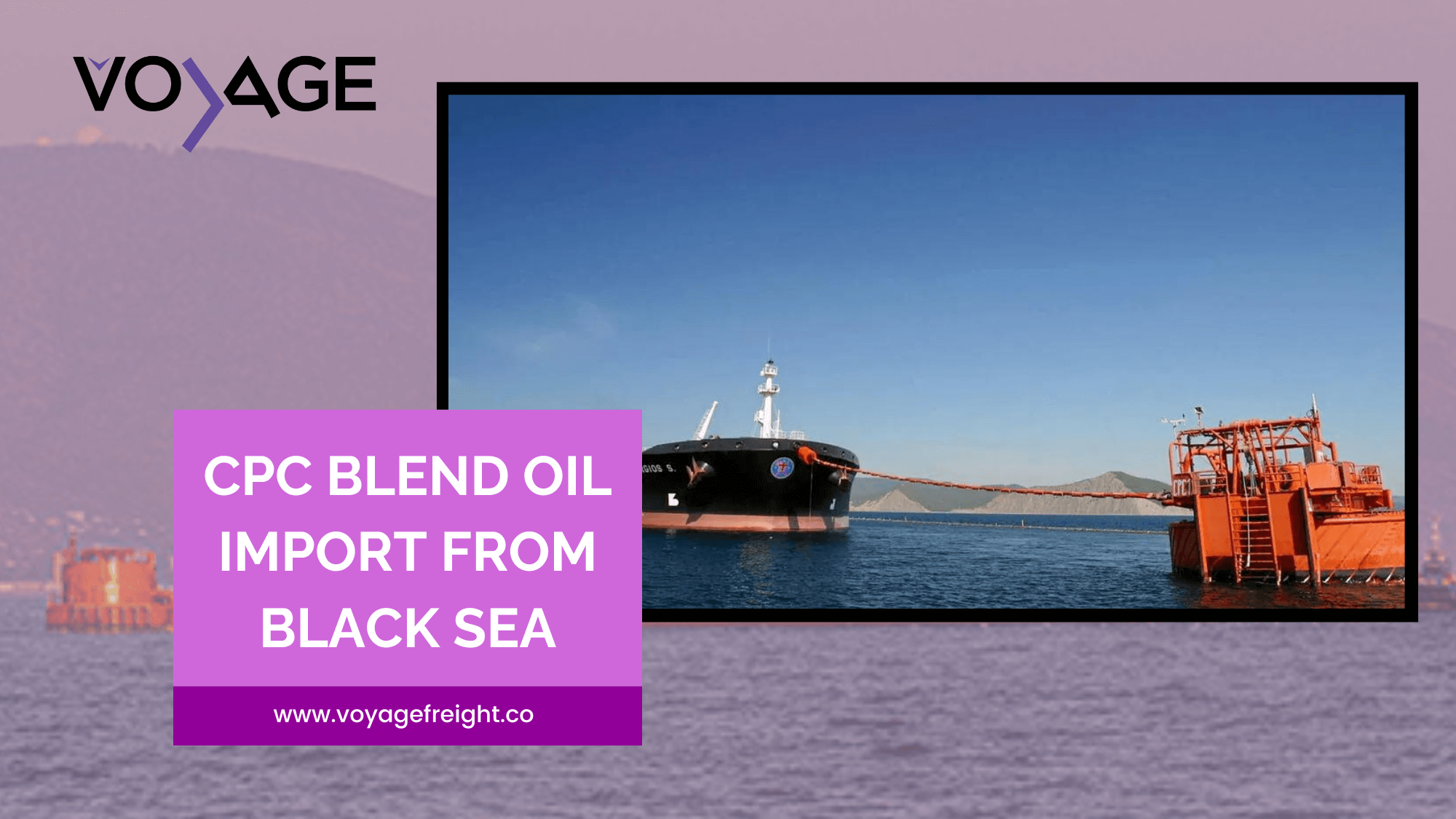
CPC Blend Oil Import From Black Sea
Pakistan has achieved a key milestone in its energy sector by importing CPC Blend oil from the Black Sea for the first time. This blend, a unique mix of oil from Kazakhstan and Russia, stands out from conventional crude oil due to its higher gasoline yield and lower output of heavy fuels, making it particularly suited for gasoline-focused refining processes.
In August and September 2023, the country successfully received 100,000 tons of CPC Blend at Karachi’s storage facilities. This marks a strategic move towards diversifying crude oil imports amid global market volatility, a critical step for Pakistan as it navigates fluctuating energy markets. The efficient refining characteristics of CPC Blend promise higher-quality fuel production and could
eventually lead to lower consumer costs.
From a trade perspective, this import plays a significant role in reshaping Pakistan’s energy dynamics. The shift towards diversified crude sources is not only crucial for maintaining stable fuel supplies but also serves as a safeguard against the uncertainties of global oil price fluctuations. As Pakistan explores new import avenues, such diversification could strengthen the nation’s position in the global energy trade, making it less reliant on traditional crude sources from the Middle East and thus less vulnerable to geopolitical tensions in that region.
This development also has direct implications for Pakistan’s trade environment, including the freight forwarding industry, as new trade routes will be established to accommodate the import of CPC Blend from the Black Sea. Freight forwarders and logistics providers will play an essential role in maintaining the smooth flow of these imports, which are vital to the country’s energy security. This could open new opportunities for the logistics sector to expand its services and routes, particularly by leveraging Pakistan’s strategic location for energy transportation in South Asia.
Looking at the future, there are both benefits and potential pitfalls. On one hand, diversifying oil imports can reduce Pakistan’s exposure to oil price volatility and improve energy security, which is crucial for long-term economic stability. Additionally, the improved refining efficiency of CPC Blend may reduce operational costs for refineries, leading to potentially lower fuel prices for consumers.
However, there are challenges that come with these shifts. Increased dependency on non-traditional oil sources may expose Pakistan to new risks, such as supply chain disruptions or diplomatic complexities with Russia and Kazakhstan. Moreover, building the infrastructure to efficiently process and transport this new blend will require significant investment, which could place additional financial pressure on an already strained economy.
In conclusion, while the import of CPC Blend marks a progressive step for Pakistan’s trade and energy sectors, its long-term success will depend on carefully managing the associated risks and ensuring that logistics and infrastructure keep pace with the country’s evolving energy needs. If executed effectively, this shift could enhance Pakistan’s resilience to global market fluctuations and contribute to a more stable trade environment in the future.

